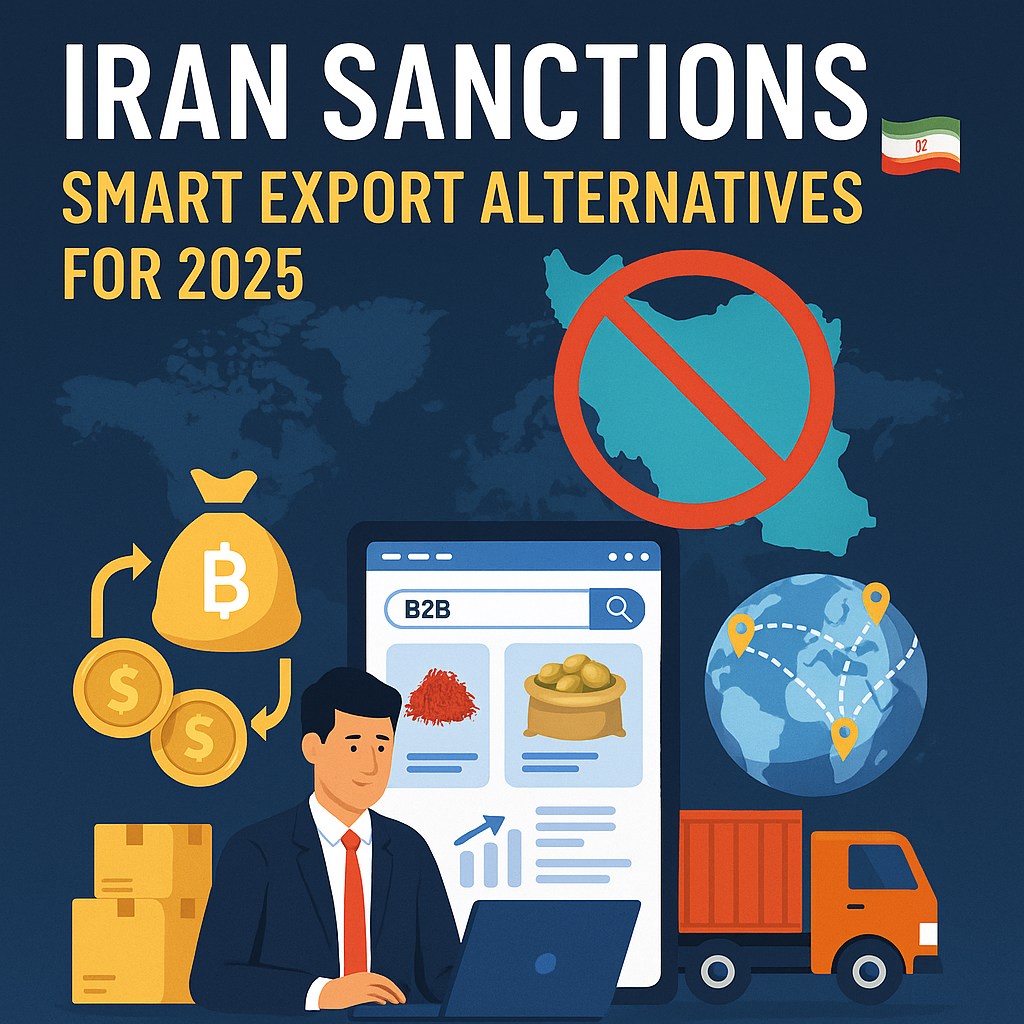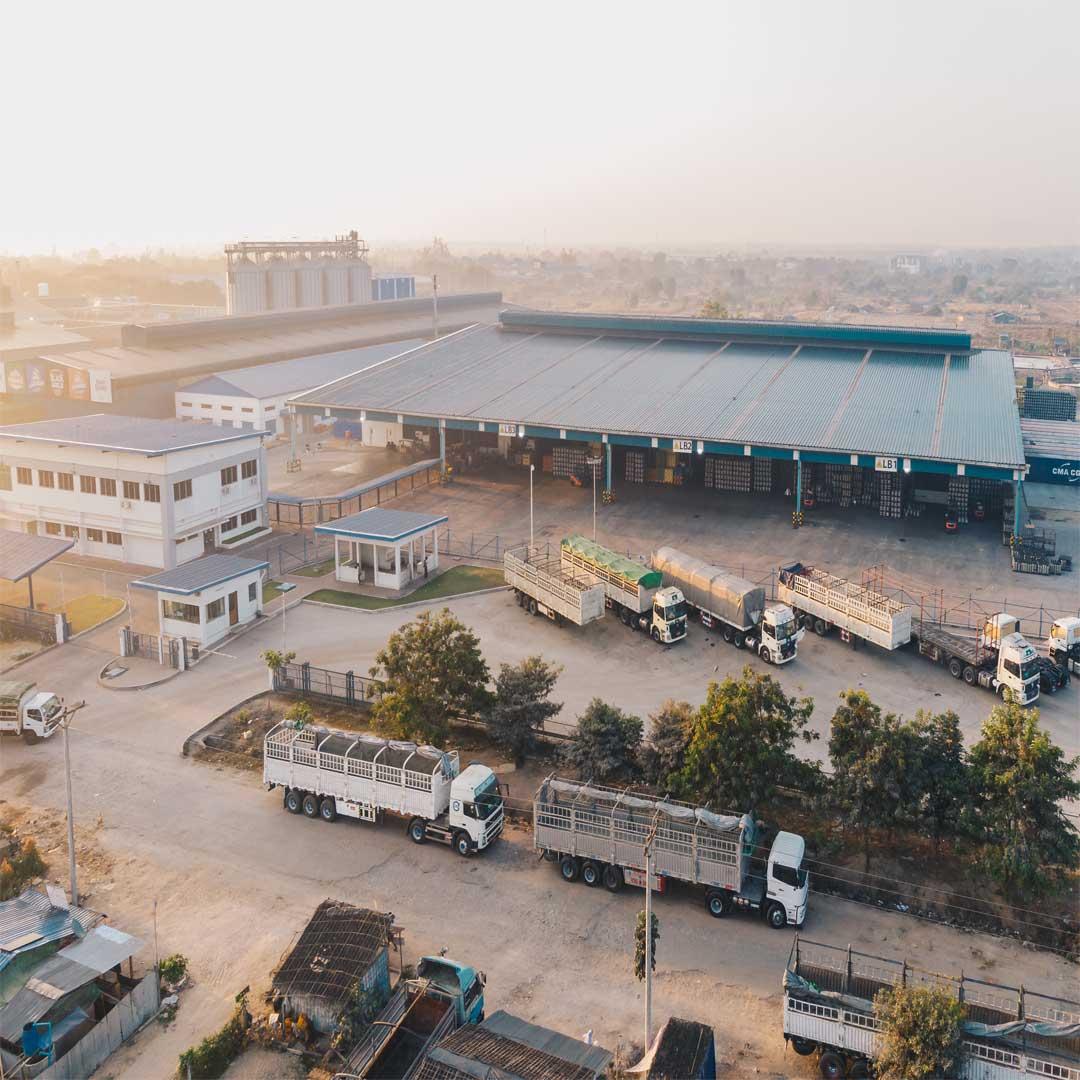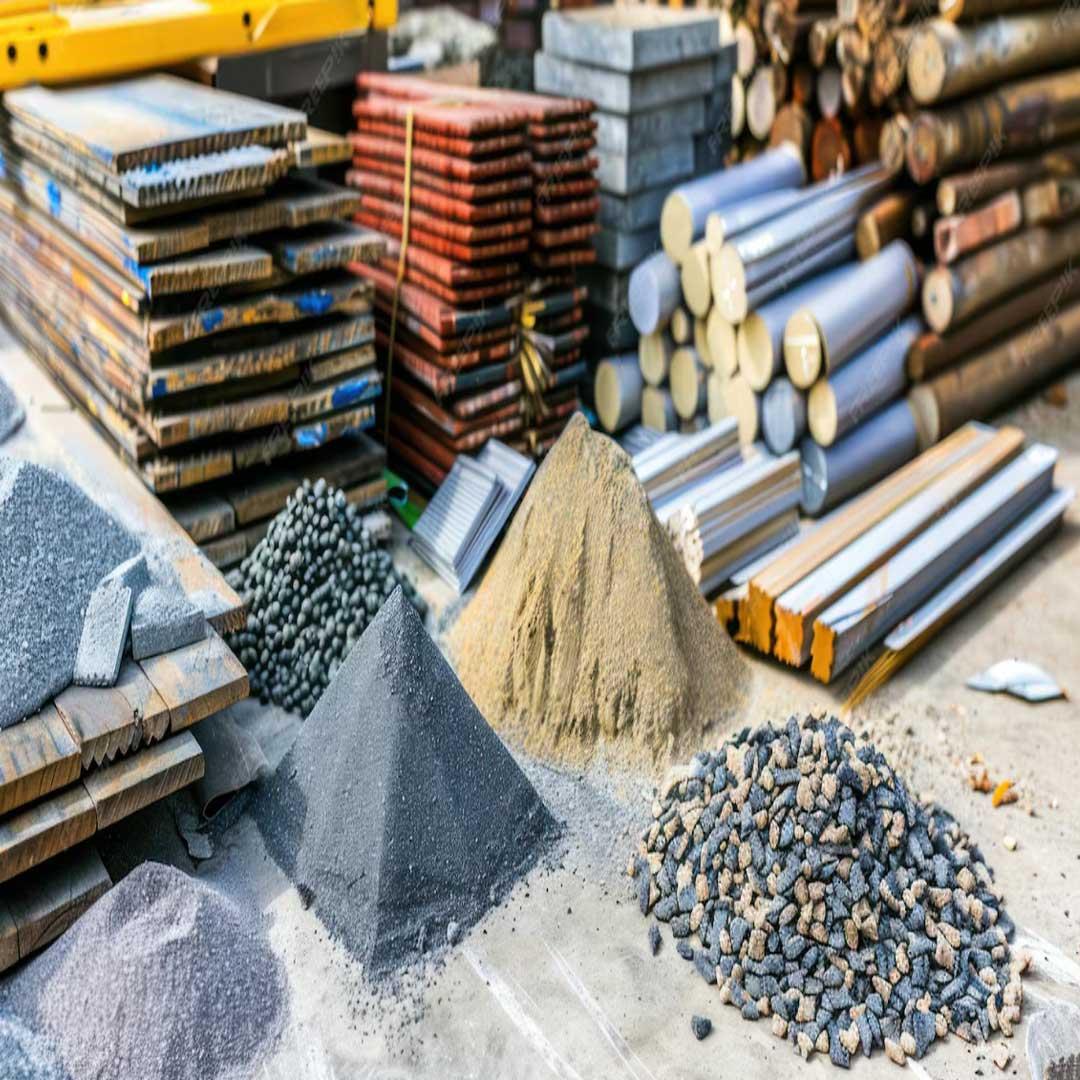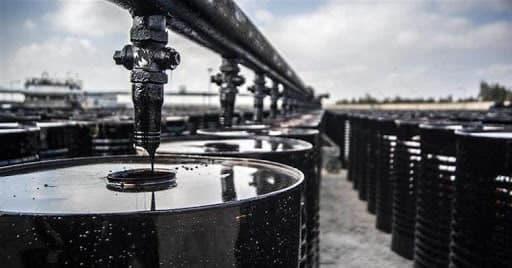Despite sanctions, Iranian exporters continue to trade smarter in 2025, exploring new export alternatives, regional rout...
Iran-Thailand Trade 2023: Key Exports, Trends & B2B Opportunities
Overall Status of Iran-Thailand Trade Relations
In 2023, the volume of direct trade between Iran and Thailand reached USD 95.15 million. Of this amount, Thailand’s exports to Iran accounted for USD 89.56 million, while Thailand’s direct imports from Iran stood at only USD 5.60 million. In comparison, during the same period in 2022, Thailand exported USD 101.83 million to Iran and imported USD 40.96 million from Iran. The significant drop in Thailand's imports from Iran indicates a downward trend in bilateral trade.
Key Iranian Export Products to Thailand (2022 Data)
According to official customs data, the major Iranian export products to Thailand include:
- Semi-finished Iron and Steel – USD 569.09 million
- Chemical Fertilizers – USD 119.99 million
- Zinc – USD 50.05 million
- Other Items: Organic chemicals, mineral fuels, seafood, dried fruits, and petrochemical products
Steel alone accounts for more than 55% of Iran’s exports to Thailand.
Main Thai Exports to Iran
Iran imports a variety of products from Thailand, including:
- Rubber and rubber-based products
- Motorcycles and spare parts
- Processed fruits
- Fishing nets
- Chemicals and ceramic products
- Rice and beverages
Challenges and Opportunities
The recent decline in Thailand's direct imports from Iran can be attributed to various factors such as international sanctions, banking and financial restrictions, and growing competition from other countries. However, a large portion of Iranian exports to Thailand is routed through intermediary countries like the UAE, pushing the actual trade volume close to USD 1 billion.
As a major member of the Association of Southeast Asian Nations (ASEAN), Thailand can serve as a gateway for Iran’s entry into regional markets. Given Thailand’s interest in expanding economic ties with Iran—especially through the private sector—there are valuable opportunities for boosting trade between the two nations.
List of Key Iranian Export Products to Thailand (with Specifications)
Based on official trade data, the following are among Iran’s top exports to Thailand:
1. Semi-finished Iron and Steel
Type: Steel billets and slabs
Applications: Automotive, construction, shipbuilding, home appliances
Features:
- High purity
- Compliant with ASTM, JIS standards
- High resistance to heat and corrosion
Target Sectors in Thailand: Construction, machinery manufacturing, industrial parts
2. Chemical Fertilizers
Type: Urea, ammonium sulfate, potassium nitrate
Applications: Soil enrichment, agricultural yield improvement
Features:
- High purity
- Uniform granules
- Excellent water solubility
Target Sectors: Agriculture (rice, sugarcane, tropical fruits)
3. Zinc
Type: Zinc ingots
Applications: Galvanizing steel, battery production, alloying
Features:
- Purity: Over 99.9%
- Silver-gray color
- High corrosion resistance
Target Sectors: Automotive, electronics, metal coating industries
4. Petrochemical Products
Products: Polyethylene, polypropylene, bitumen, base oil
Applications: Plastics production, packaging, road construction
Features:
- Industrial/export grades
- Bitumen penetration grades: 60/70 to 85/100
- High thermal resistance
Target Sectors: Packaging, pipe and container manufacturing, infrastructure
5. Dried Fruits & Nuts
Products: Pistachios, raisins, dates, dried figs
Features:
- Organic, preservative-free
- Export-grade packaging
- Long shelf life
Target Sectors: Food industry, confectionery, restaurants, retail chains
6. Organic Chemicals
Products: Methanol, ethanol, acetic acid
Applications: Paints, resins, detergents
Features:
- High chemical purity (above 99.5%)
- Transported in barrels or industrial tanks
Target Sectors: Chemicals, pharmaceuticals, industrial manufacturing
7. Frozen Aquatic Products
Products: Shrimp, tuna, mahi-mahi
Features:
- Wild catch, frozen packaging
- Compliant with international health standards
Target Sectors: Restaurants, seafood packaging, re-export hubs
Role of the “Abrisham Road International Platform” in Iran-Thailand Trade
The Abrisham Road International Platform—Iran's first specialized B2B platform for global trade—has played a significant role in facilitating, expanding, and optimizing exports to East Asian markets, particularly Thailand.
Given that Thailand is a key gateway to ASEAN, and has strong capacities in food processing, construction, tourism, logistics, and agriculture, this platform provides Iranian traders with the opportunity to connect directly with Thai buyers at minimum cost.
Key Advantages of the Abrisham Road Platform for Thailand Market:
Digital showcase of Iranian products with full technical specs, pricing, packaging, and standards—available in English
Smart buyer-seller matching system providing direct access to Thai importers
Online negotiation, proforma invoice submission, and direct quotations without intermediaries
Legal, customs, and logistics consulting for shipping goods to Thailand and neighboring countries
Active participation in Southeast Asian exhibitions and trade networks under the “Iran” brand in partnership with chambers of commerce
Moreover, the platform collaborates with reputable logistics companies to introduce secure and cost-effective export routes to Bangkok and Thai ports, supporting long-term export stability.
Conclusion
A comprehensive look at Iran’s export potential to Thailand reveals that, despite the recent drop in direct trade, Thailand remains a promising and growing market for Iranian goods. From steel and petrochemicals to dried fruits and food products, Iran can solidify its position through strategic planning and digital engagement.
B2B platforms like the Abrisham Road International Platform play a pivotal role in connecting Iranian exporters with Thai buyers. By offering professional services, digital product displays, intelligent trade matchmaking, and commercial infrastructure, these platforms help Iran expand its share in Southeast Asian markets.
Leveraging digital tools, non-oil export strategies, and friendly diplomatic ties, a bright future for Iran-Thailand trade relations can be confidently envisioned.




